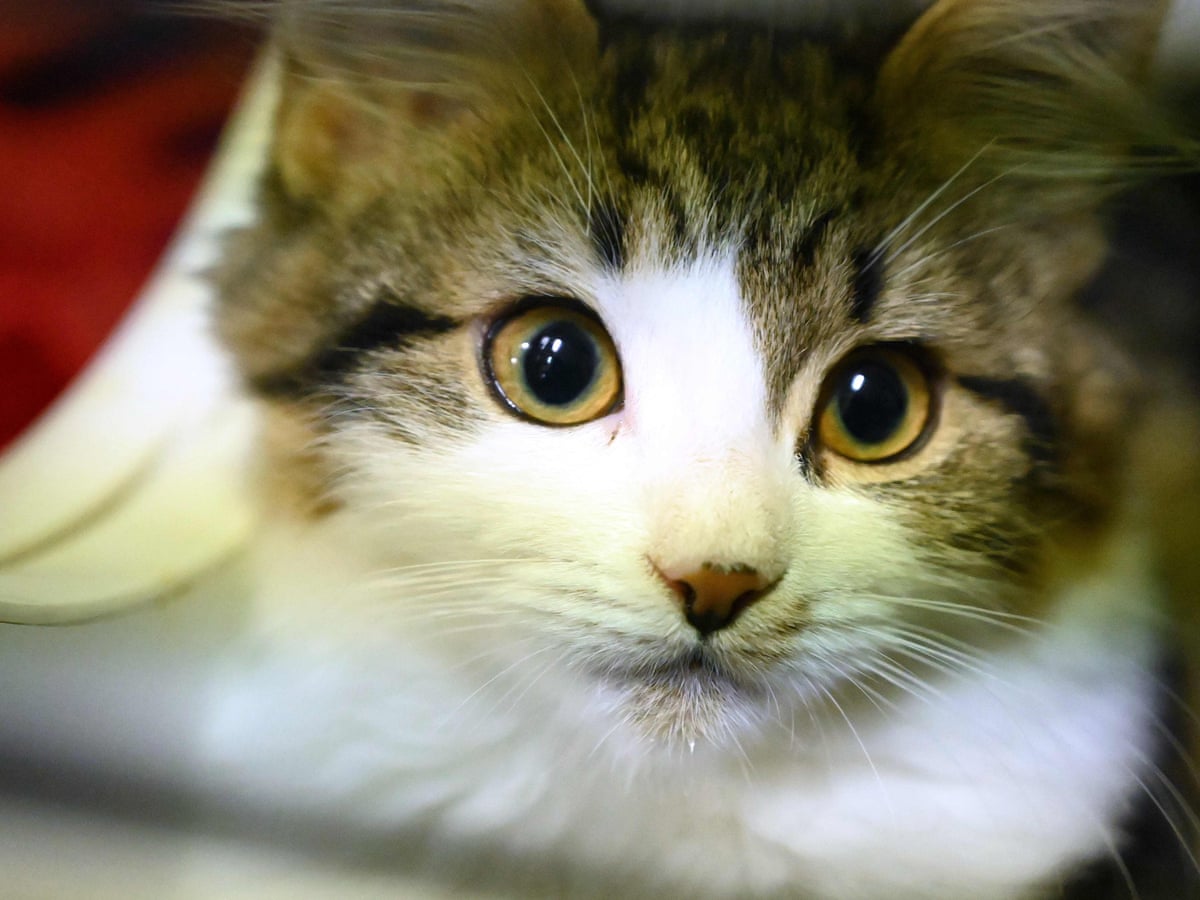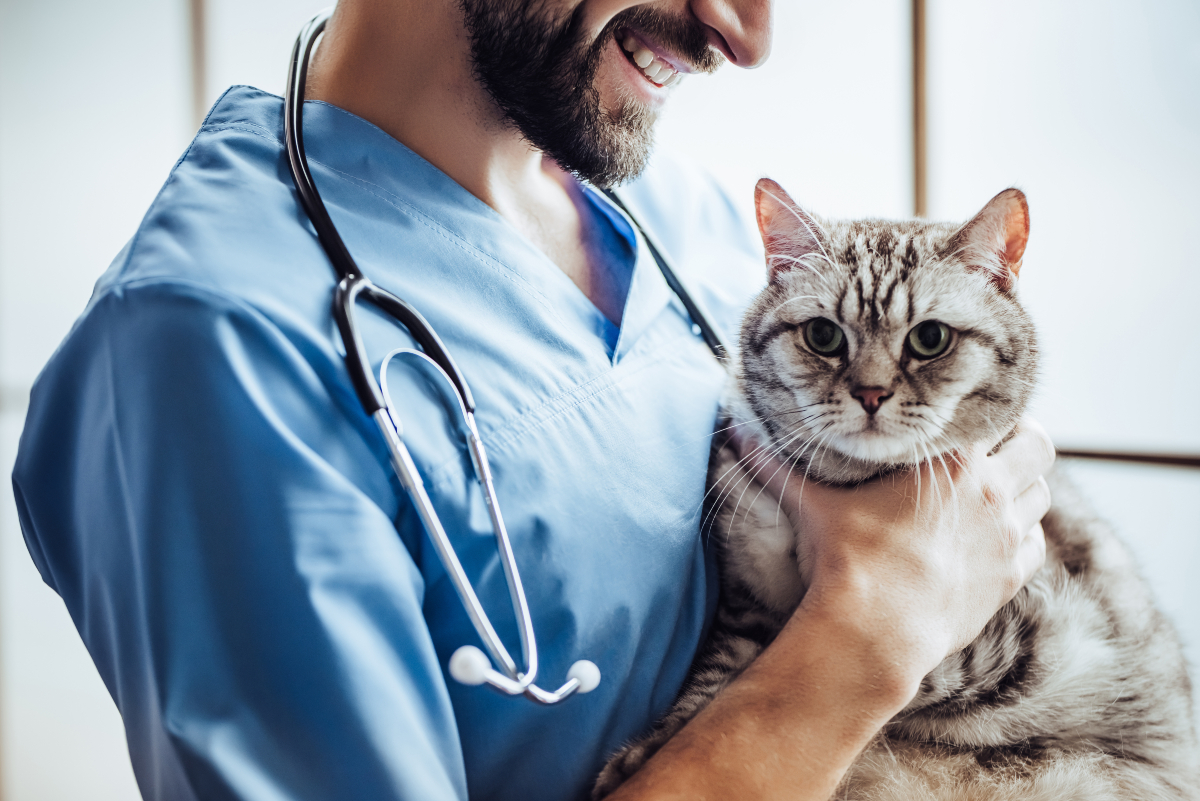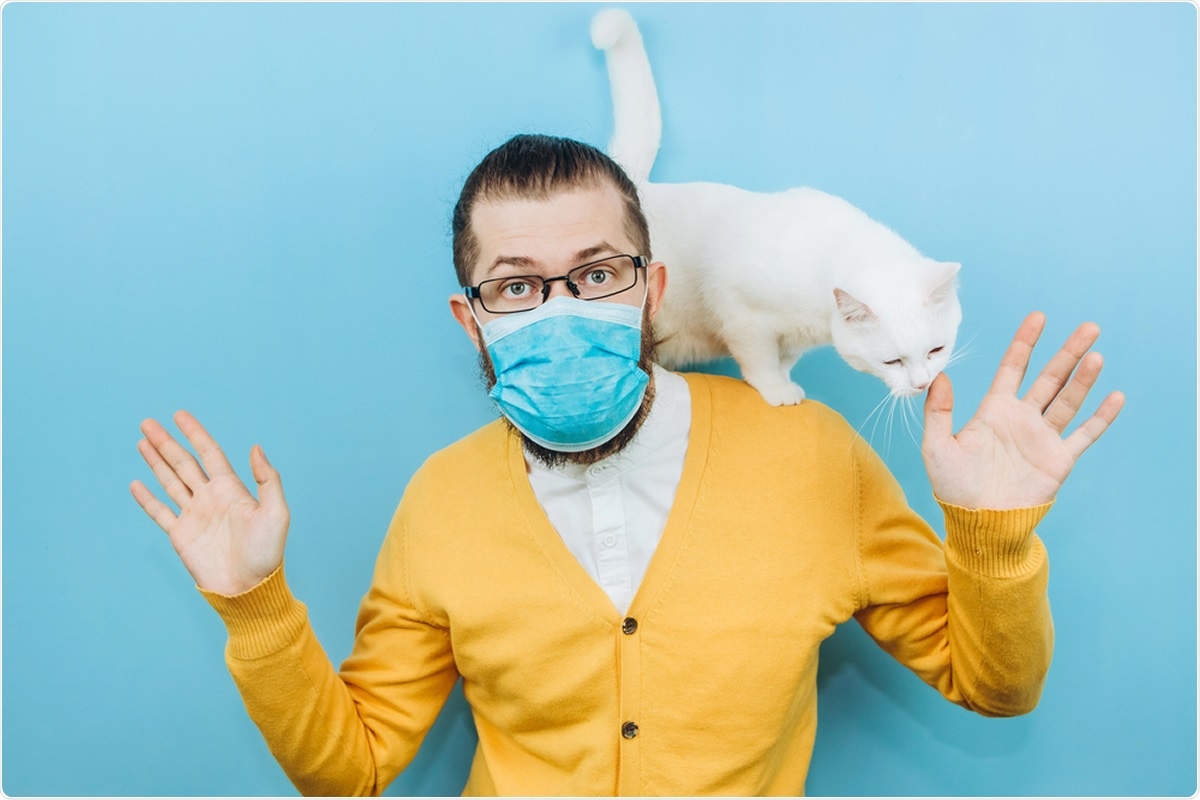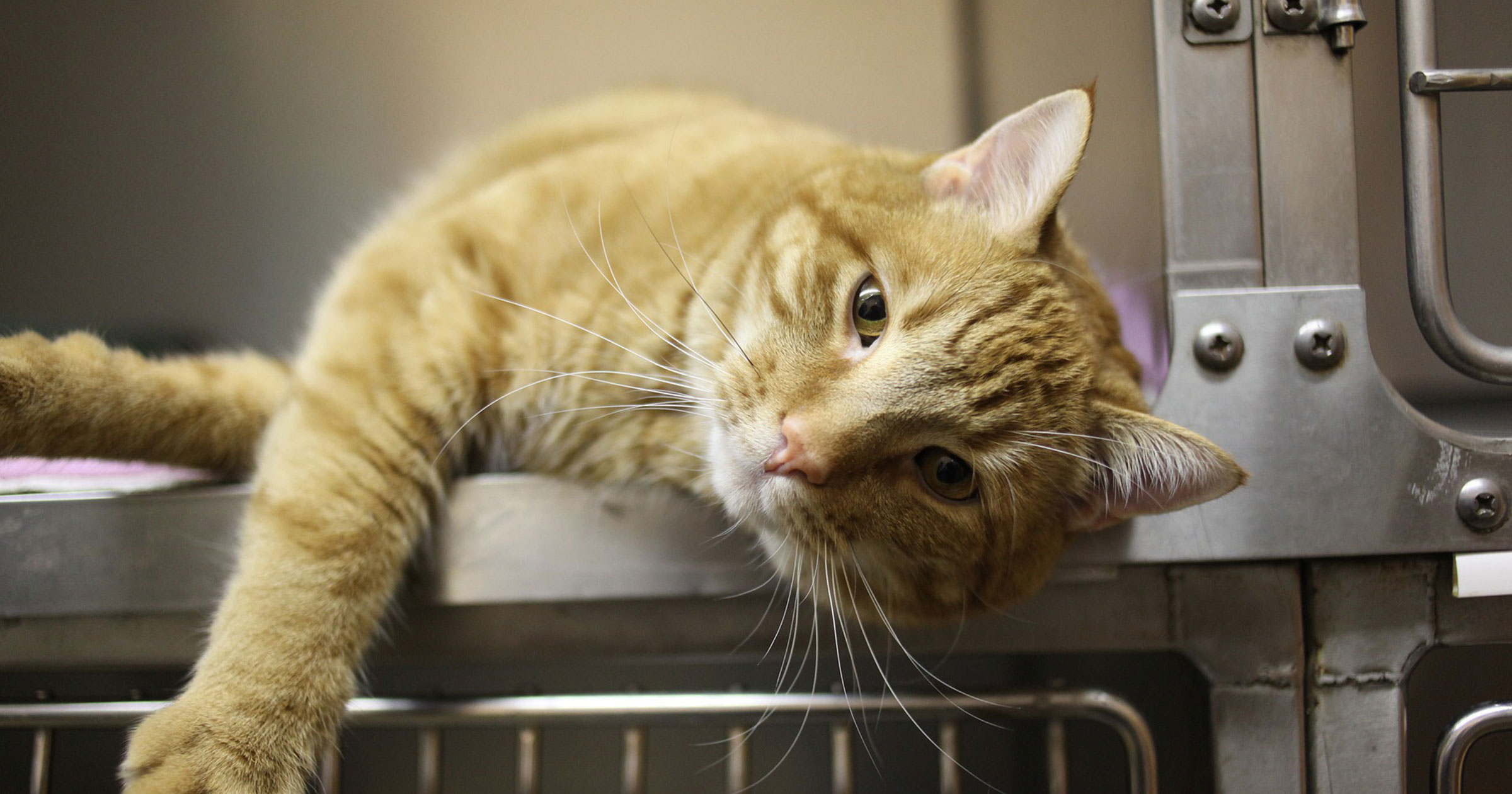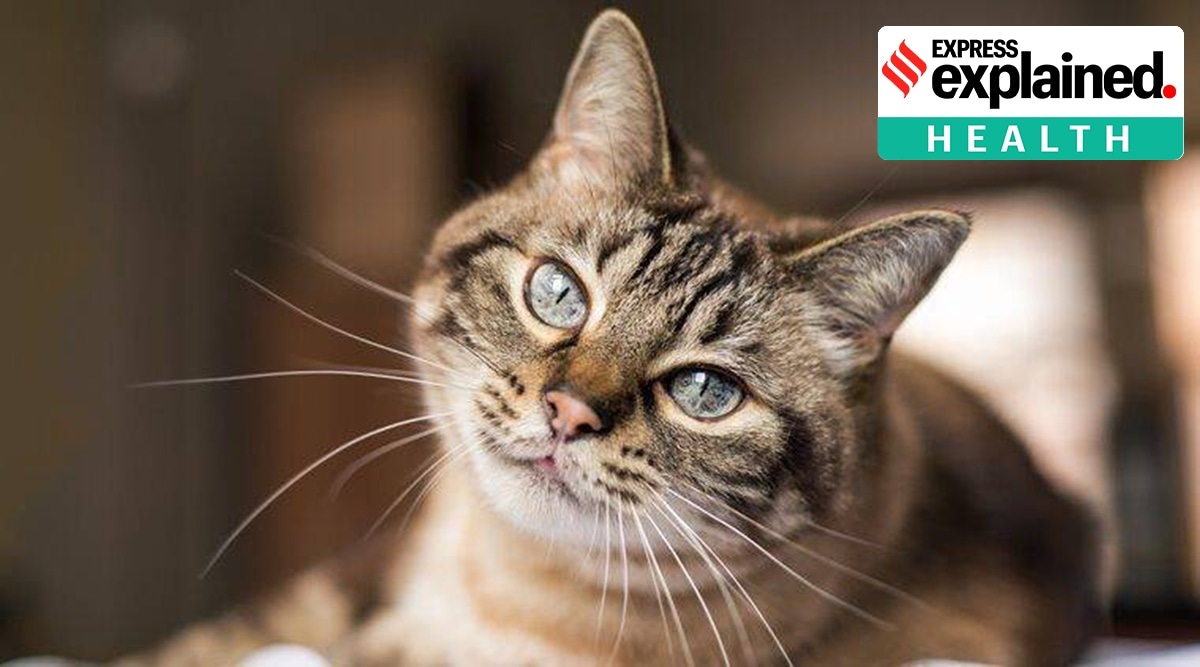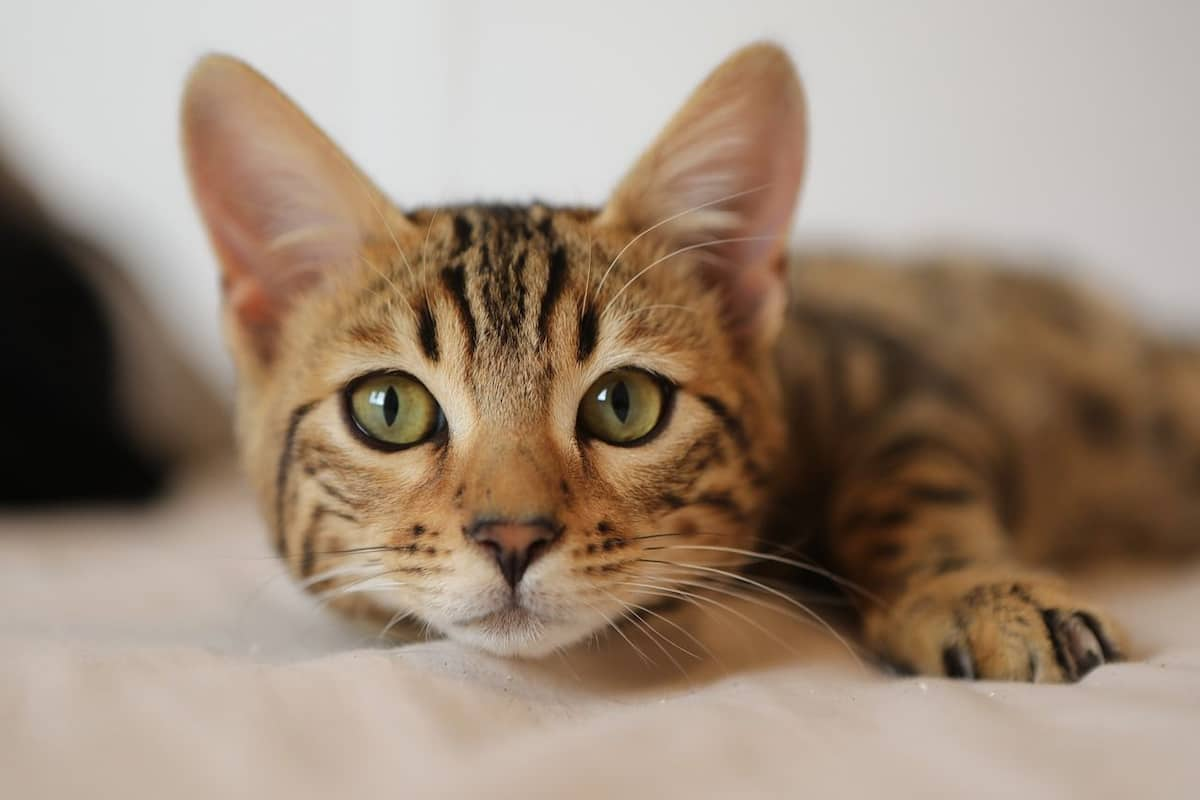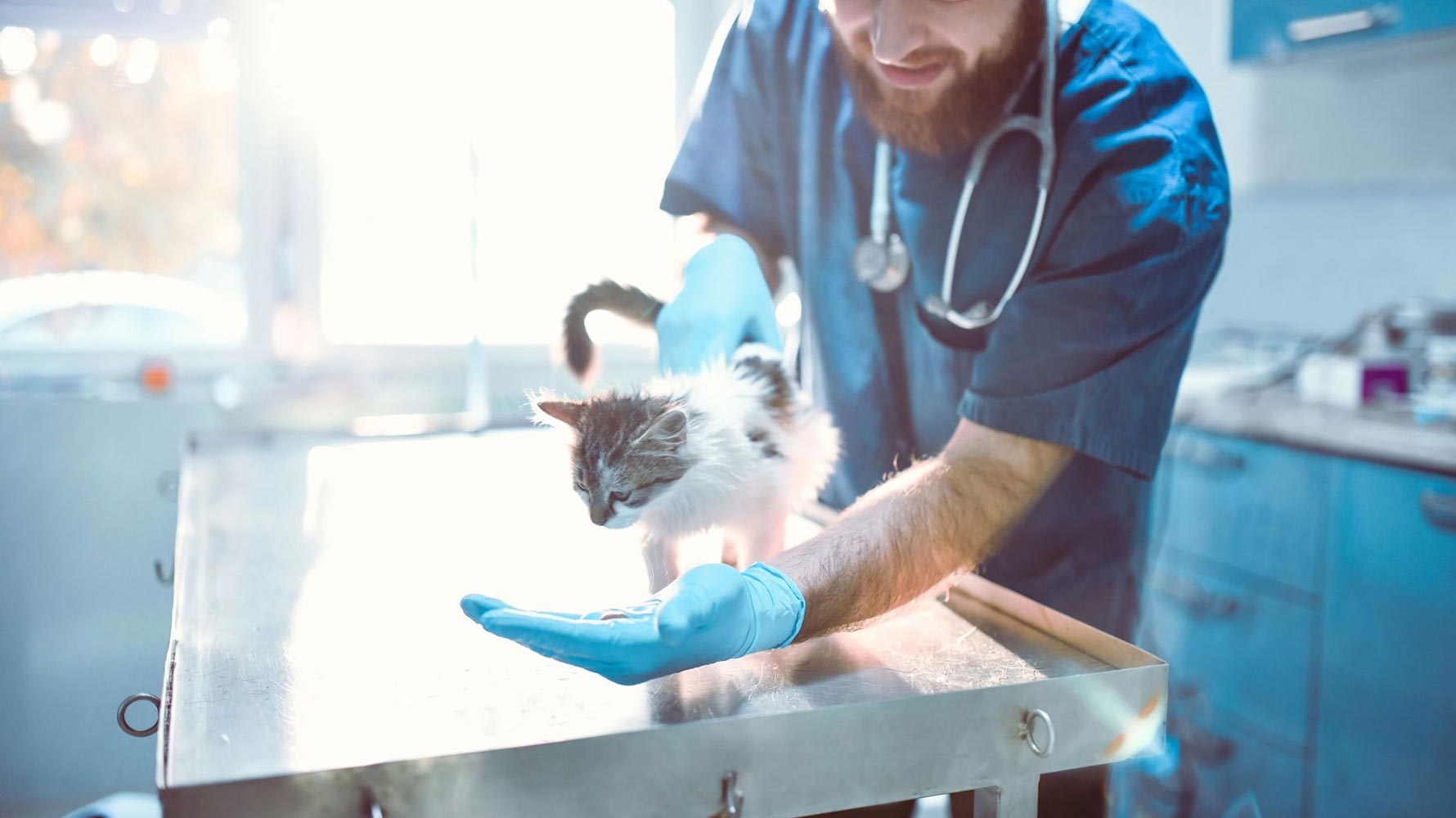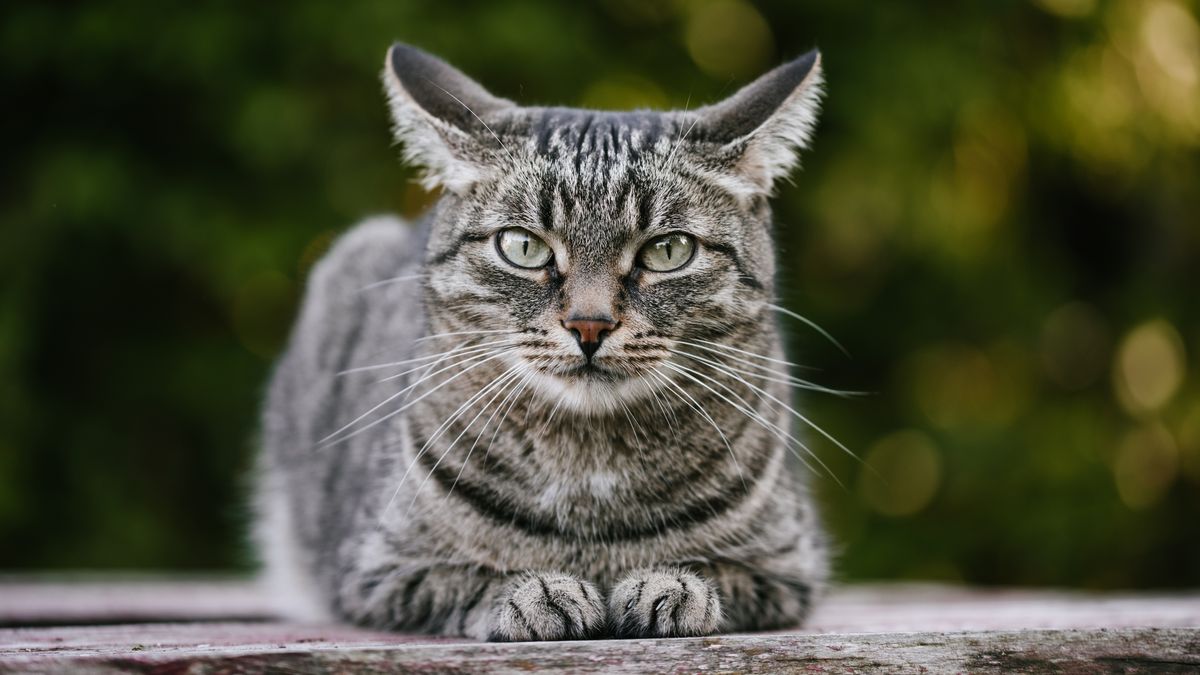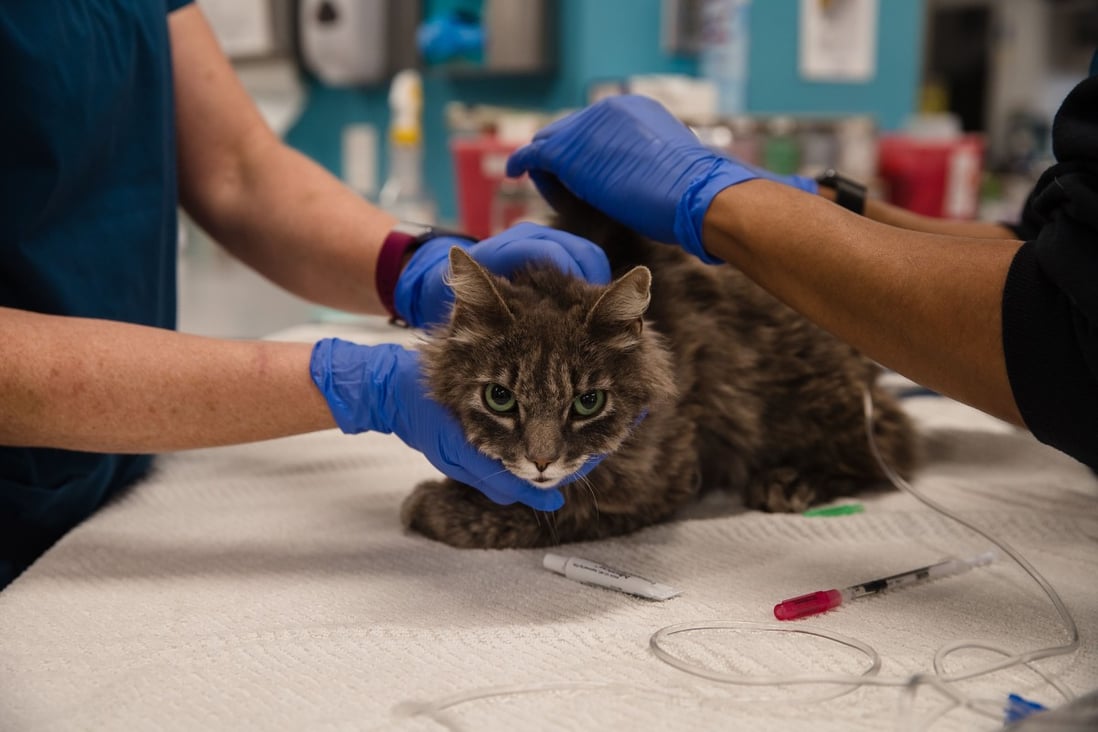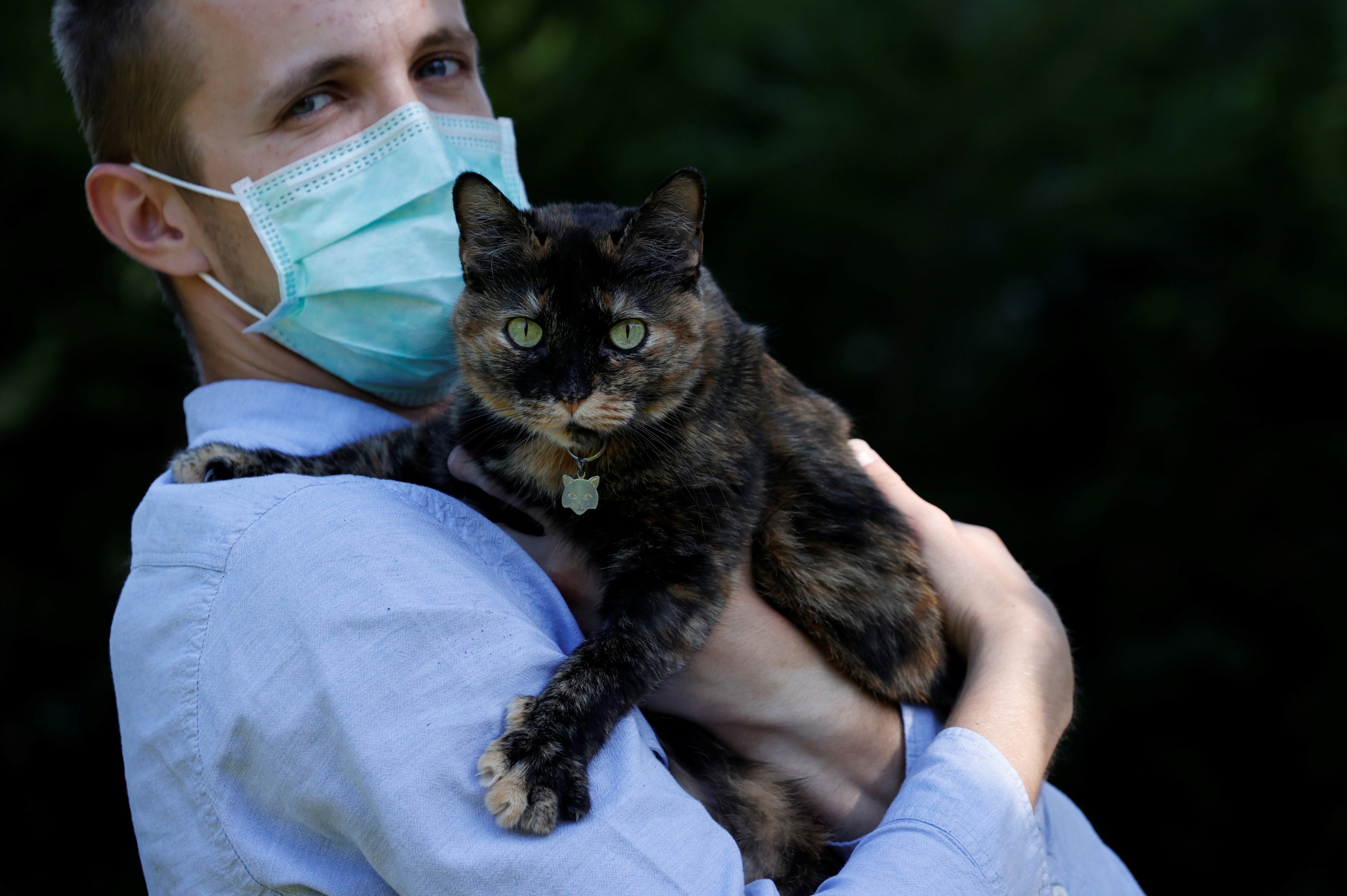Cats And Coronavirus Infection

Fifteen of the cats had COVID-19 antibodies in their blood and 11 of those cats had neutralizing antibodies that bind to the coronavirus and block infection.
Cats and coronavirus infection. Household cats are more susceptible to coronavirus infection than dogs a new study has warned In the study the team looked at samples from blood serum collected from 239 cats and 510 dogs. It is important to note that Feline Coronavirus FCov is not associated with the current coronavirus pandemic. This happened mostly after the animals were in close contact with.
Ferrets cats and civets most susceptible to coronavirus infection after humans Ducks rats mice pigs and chickens had lower or no susceptibility to infection. This virus has been designated feline enteric coronavirus to differentiate it from FIPV. None of the cats.
This virus has been designated feline enteric coronavirus to differentiate it from FIPV. According to the US. There are no reports of infection.
Centers for Disease Control and Prevention a few pets including cats and dogs also have been infected with the virus that causes COVID-19. Some cats continue to shed virus indefinitely however. The virus is shed in the feces by many seropositive cats.
Cats can be infected with the coronavirus that causes COVID-19 and can spread it to other cats but dogs are not really susceptible to the infection say researchers in. FCoV is a common and contagious virus which is passed in the faeces of cats. Researchers state that it is much more likely that humans are giving the virus to their pets rather than pets causing humans to become sick.
An enteric coronavirus infection of cats and its relationship to feline infectious peritonitis. Feline enteric coronavirus typically causes a subclinical or mild transient intestinal infection in kittens. It is a common contagious virus that can be found in the faeces of cats.
